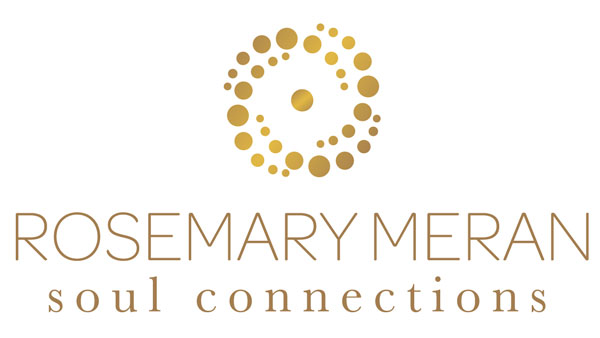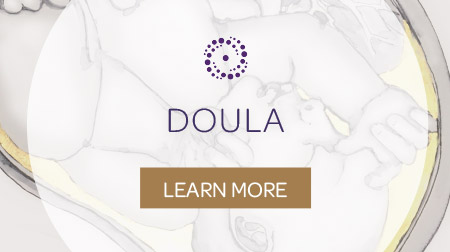
Rethinking Epidurals: A Closer Look at the Risks and Why I’d Say No
NOVEMBER 2024
When preparing for childbirth, many women consider an epidural as a key part of their birth plan for managing pain. While it’s true that epidurals can significantly reduce pain during labor, they are not without risks and potential complications, particularly for your baby. As you weigh your options, it’s essential to fully understand the impacts of choosing this common but invasive procedure.
Epidurals can slow down labor, especially during the second stage when you need to push. This slowing can lead to additional interventions such as the use of vacuum extractors or forceps, and increases the likelihood of requiring a cesarean section. Each of these interventions carries its own risks and can complicate recovery for both mother and baby.
Moreover, epidurals can cause a sudden drop in your blood pressure, which may reduce blood flow to your baby, leading to distress as indicated by a decreased fetal heart rate. This can be alarming and may necessitate emergency interventions, adding stress and risk for both of you. Another lesser-known side effect of epidurals is maternal fever. This fever, not caused by infection but directly resulting from the epidural, can lead to concerns about neonatal well-being and often results in additional interventions for the baby post-delivery, such as sepsis workups and antibiotic treatment, even when no infection is present.
The drugs used in epidurals are powerful and can reach the baby. Any exposure could potentially impact your baby’s alertness at birth, affecting early behaviors important for bonding and breastfeeding, such as latching, which is crucial for establishing a good breastfeeding relationship.
Research suggests that babies exposed to epidurals may have difficulties achieving a good latch immediately after birth, potentially complicating the start of breastfeeding, which is vital not only for nutrition but also for emotional bonding between mother and baby. Additionally, some studies suggest there could be long-term neurological effects on the child from exposure to anesthetics, though the full implications of these findings are not yet clear.
Another critical point to consider is that receiving an epidural typically means you will be confined to bed, often hooked up to monitors and machines. This restriction can make you feel powerless and limit your ability to move freely during labor, which is key to helping your baby descend and navigate through the birth canal. Movement during labor is not just a natural part of the birthing process; it actively aids your baby’s descent. Moreover, birth is nature’s way of initiating you into motherhood, preparing you for the profound changes and challenges ahead. It is meant to equip you in every way. Birth is life itself flowing through you, and an epidural can suppress this magnificent force, potentially diminishing the profound transformation that comes with actively engaging in the birthing process.
Given these potential risks, along with the possibility of experiencing a less personal and more medicalized birth experience, I find myself leaning away from the use of epidurals. Childbirth is intense but also incredibly natural and something women’s bodies are built to handle. There are many natural pain management techniques that can be very effective, including hydrotherapy, massage, acupuncture, and the support of a doula or experienced midwife, and hypnosis with a qualified hypnotherapist.
Also, choosing to forego an epidural is not about enduring pain for the sake of it but about avoiding unnecessary risks and interventions while embracing a more natural approach to childbirth—one that could leave you feeling empowered. It’s also about making an informed decision that aligns with your values, understanding the risks involved, and preparing yourself mentally and physically for the experience.
If you’re considering this path, I encourage you to speak extensively with your healthcare provider, consider alternative pain management strategies, and empower yourself with knowledge and support to help you through your childbirth experience. But I assure you, having your baby medication-free and bonding right after birth is one of the most beautiful, life-altering experiences you will ever have. I personally would not trade this for any amount of medical anesthetic. The intense sensations will end as soon as your baby is in your arms, I promise you.
Lastly, it is vital to remember that birth is teamwork between mother and baby. An epidural can dissociate you from the process of labor, leaving your baby to do all the work alone while you might relax and watch TV. In my humble opinion, birth was not made for a woman to watch TV but to stay deeply connected with her body and her baby during the process. It is the most important day of your baby’s life, and staying engaged truly makes a difference.

ROSEMARY MERAN
As a certified birth and postpartum doula, lactation counselor, and hypnotherapist, I specialize in using Hypnotherapy to enhance the childbirth experience. I offer both in-person and virtual sessions to guide you in connecting with a deep inner state of calm and ease during labor, no matter where you are. My sessions in Soul Connections and Clinical Hypnotherapy are designed to release fear and tension, nurturing a profound, meaningful connection with your baby. With my expertise in Transpersonal Hypnotherapy and Soul Integration, I help you connect with your inner wisdom, empowering you to become a mindful, present, and spiritually aware parent. My holistic approach supports you in cultivating trust and confidence throughout your pregnancy, birth, and beyond.
jOIN OUR MAILING LIST
Sign up to receive email updates, announcements, poetry, inspiration, meditations, blog articles and more.



